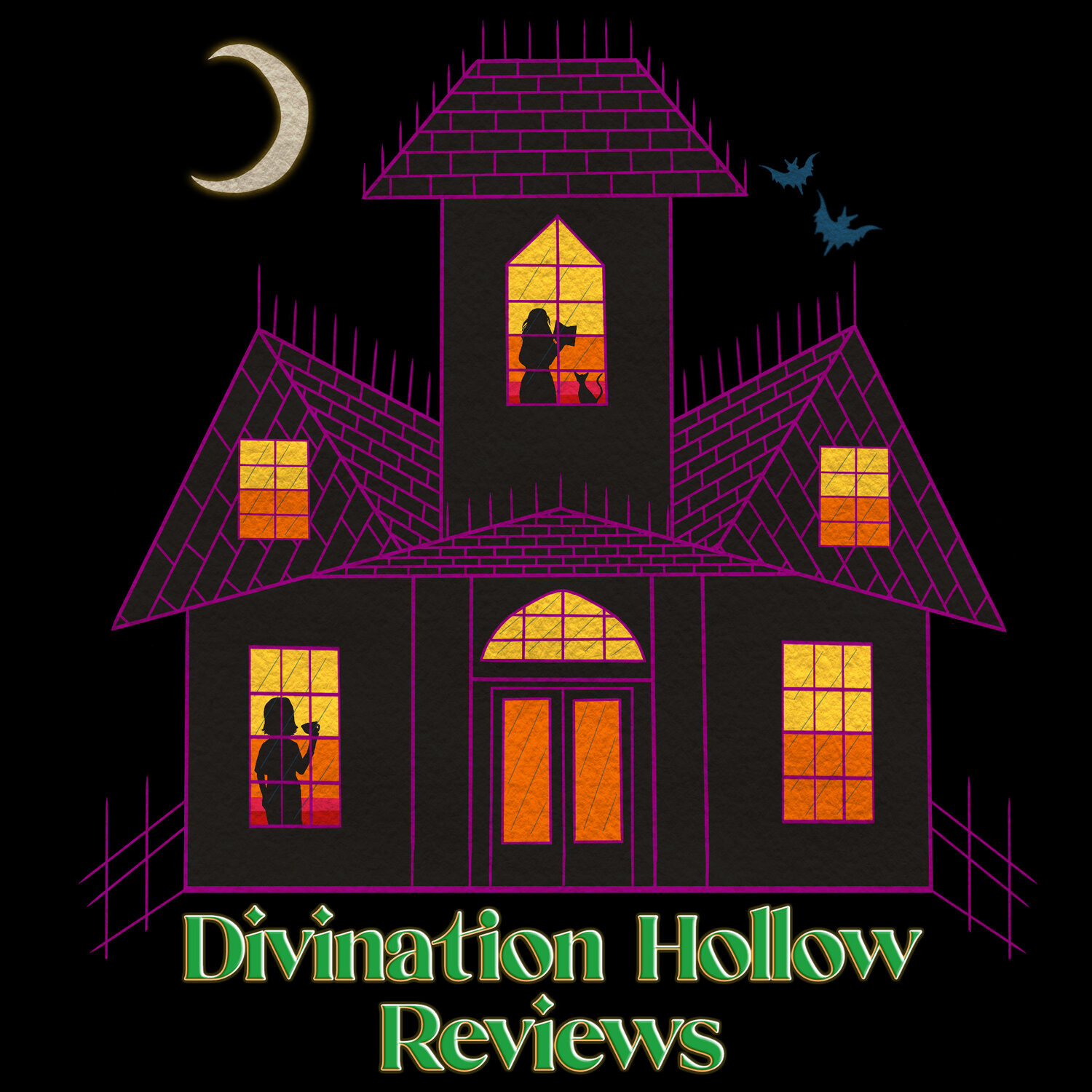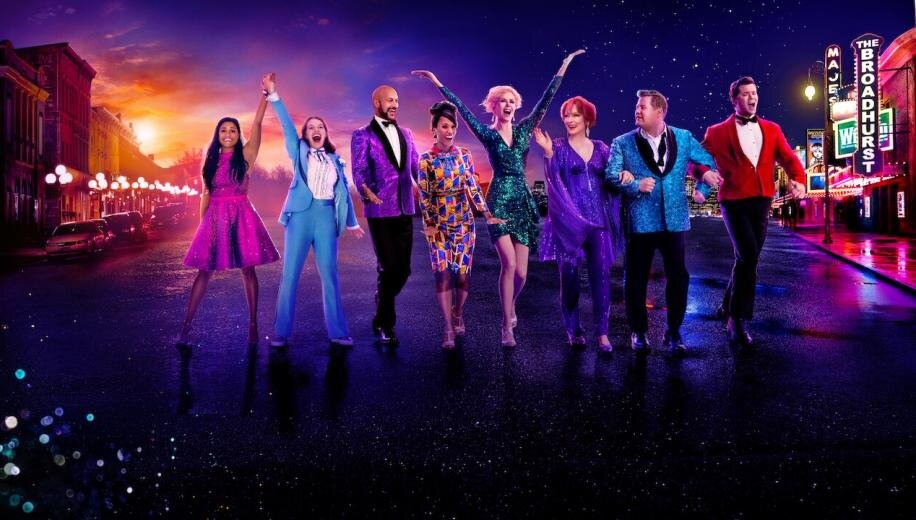Films to Watch This June: Part 2
Films to Watch This June
2. The Prom
“Oh, come on, Elle!” I hear you cry. “First Pride, now The Prom? It isn’t Horror!” Maybe not, dear friends, but The Prom is directed by Ryan Murphy, and much like Pride, it’s worth exploring in regards to the treatment of LGBTQIA+ topics as well as the more recent history it explores.
Yes, the themes and actual events this film (and the original Broadway show it’s based on) are exaggerations, but that doesn’t mean it’s not worth a look. And if you like a good musical, this hits all the right notes (ba dum tss). I’m going to be upfront here. I don’t like James Corden. I absolutely cannot stand him, and because of that I put off watching this for way too long. If you are in a similar position, I’m here to tell you, he’s actually not bad in this. I was expecting exaggerated camp and stereotypes, but he shies away from that. Yes, his character is camp, but it’s handled well. Props to Corden, and that’s not something I’m likely to say again.
So. The film, staring Jo Ellen Pellman as Emma, Meryl Streep as Dee Dee Allen, James Corden as Barry Glickman, and other fantastic actors (Nicole Kidman and Keegan-Michael Key are perfect) is about a young lesbian teen girl who asks her girlfriend to prom, only to then have the school board cancel the prom, declaring they cannot allow someone to bring a same-sex partner.
This is something that has actually happened, multiple times, in various locations across the United States. This isn’t old history – these are situations teenagers have found themselves in in recent years. These are grown adults in the last decade acting cruel towards teens who just want to be themselves. The argument put forward is “we don’t want a gay prom”. The counterargument? This isn’t about having a ‘gay prom’. It’s about having an inclusive prom.
Hearing of her plight, a group of Broadway ‘stars’ decide they are going to help Emma. To them, it presents an opportunity to regain some of their lost fame. But in Indiana, they find more than that. Each character goes through their own arc, we find out more about everyone involved, and we see how much of an impact positive influences really can have not just on a single teenager, but on a whole community.
Like Pride, there are lessons in this film worth paying attention to. Emma doesn’t want to be in the spotlight. She doesn’t want to be in the position of spokesperson, but like so many children who are ‘different’ from the cultural norm of white cis het, she is forced into it. She is made to stand up, because if she doesn’t, it’s not just her life impacted.
On the surface, The Prom seems like a fun, happy romp, but it’s not. It touches on very real themes and issues and it highlights how far we as a society still have to go. Like Pride, there is a real sense of community here, against a backdrop of a divided community. But whereas the group who travel to Wales in Pride are mostly embraced by the village, Emma is isolated and alone, bullied by her classmates, with a girlfriend in the closet, and the only person seemingly on her side is her principal.
With the arrival of the Broadway stars, however, that changes. No matter their reasons for doing this, they give Emma something she needs to continue forward. A community. Barry takes to it brilliantly, a gay man who, it becomes clear, hates the idea of anyone going through what he had to go through. Dee Dee Allen sees herself as an icon to the gay community, and her additional support, as well as that of Trent and Angie, helps Emma regain the strength she needs.
This film shows something everyone needs. We all need support, we all need community, no matter who we are. If we are part of the queer community, we need to be reminded there are those people who accept us. And it shows how allies can do this, too.
Barry takes Emma under his wing, determined she will experience prom in the way he didn’t get to. Trent works on educating others in the community, while Angie offers Emma a safe space, and provides support and healing. Dee Dee, on the other hand, demonstrates what not to do as an ally. She barges in, centres herself, declares she knows what she’s talking about as a gay icon, and slightly damages what Emma and the others are trying to achieve. But this is partly what makes Dee Dee’s arc so interesting – she learns and, eventually, she listens.
The Prom, as well as having a fantastic soundtrack, shows what it means to be part of an inclusive, diverse community. It shows what it means to be an ally, but it also shows the horrible treatment younger queer kids are going through even today. There are lessons here, for everyone. The experience of prom (a very American thing, by the way – never something I actually got to partake in, though there were some in the UK when I was this age, they weren’t as big a deal as they are in the US) is something that seems fraught with social expectations, an event that makes up the cornerstone of so much teen-targeted media, but perhaps one that needs to be reimagined. For any school that has one, the prom shouldn’t be an exclusive event where only a few ‘cool’ kids get to enjoy themselves, but should be open to – and fun for – all, a celebration of all teenagers, where they can embrace each other and themselves.
Review by Elle Turpitt
www.ElleTurpitt.com
www.ElleTurpitEditing.com
@ElleTurpitt on Twitter




